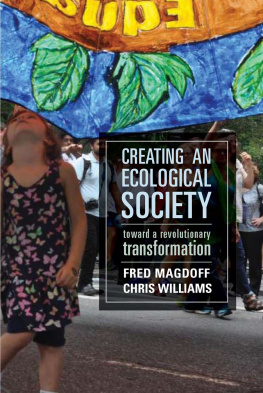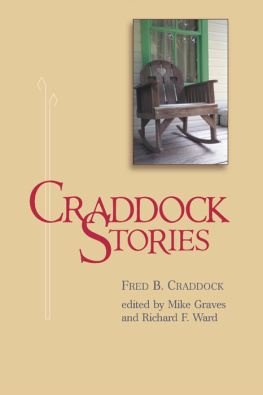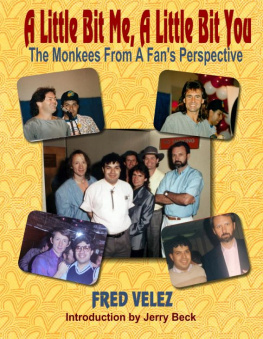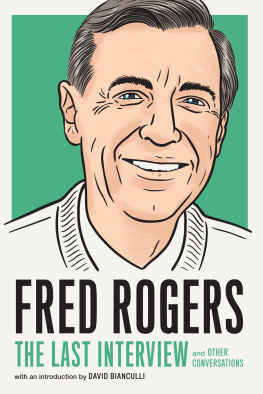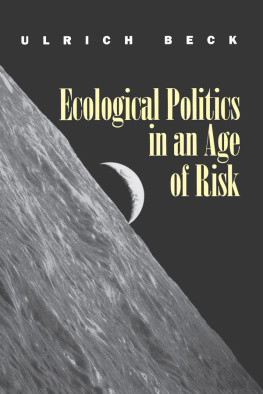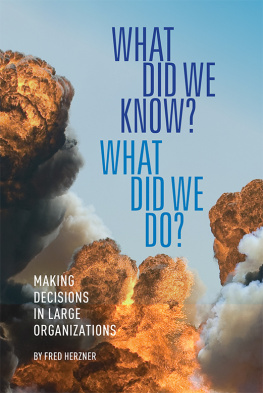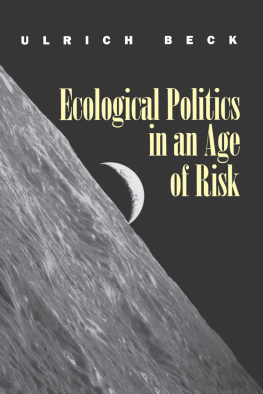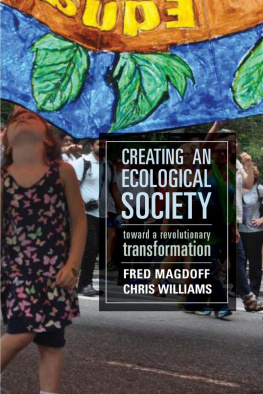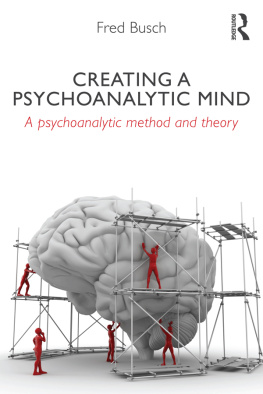Magdoff Fred - Creating an Ecological Society
Here you can read online Magdoff Fred - Creating an Ecological Society full text of the book (entire story) in english for free. Download pdf and epub, get meaning, cover and reviews about this ebook. year: 2017, publisher: Monthly Review Press, genre: Politics. Description of the work, (preface) as well as reviews are available. Best literature library LitArk.com created for fans of good reading and offers a wide selection of genres:
Romance novel
Science fiction
Adventure
Detective
Science
History
Home and family
Prose
Art
Politics
Computer
Non-fiction
Religion
Business
Children
Humor
Choose a favorite category and find really read worthwhile books. Enjoy immersion in the world of imagination, feel the emotions of the characters or learn something new for yourself, make an fascinating discovery.
- Book:Creating an Ecological Society
- Author:
- Publisher:Monthly Review Press
- Genre:
- Year:2017
- Rating:5 / 5
- Favourites:Add to favourites
- Your mark:
- 100
- 1
- 2
- 3
- 4
- 5
Creating an Ecological Society: summary, description and annotation
We offer to read an annotation, description, summary or preface (depends on what the author of the book "Creating an Ecological Society" wrote himself). If you haven't found the necessary information about the book — write in the comments, we will try to find it.
Creating an Ecological Society — read online for free the complete book (whole text) full work
Below is the text of the book, divided by pages. System saving the place of the last page read, allows you to conveniently read the book "Creating an Ecological Society" online for free, without having to search again every time where you left off. Put a bookmark, and you can go to the page where you finished reading at any time.
Font size:
Interval:
Bookmark:

PRAISE FOR
CREATING AN ECOLOGICAL SOCIETY
Pushing back against pervasive and debilitating pessimism, Magdoff and Williams have revived the hard work of imagining what an eco-socialist future might actually involve.CHRISTIAN PARENTI, author, Tropic of Chaos Climate Change and the New Geography of Violence
Makes a convincing urgent call for a decisive choice to revolt and to transform our lives and replenish our planet through social and environmental justice.DANNY GLOVER, Citizen-Artist
A comprehensive, systematic map of the dire straits were in and the way out. Dispels the myth that human nature is to blame and puts the necessary confrontation with capitalism front and center.ANDREAS MALM, author, Fossil Capital: The Rise of Steam Power and the Roots of Global Warming
With a remarkable command of the science on why our planet is dying and inequality is growing, the authors also provide ample hope about how to radically transform our toxic political, economic and social systems. By borrowing from the beautiful intelligence of other species and building profoundly new relationships with nature, our food, our cities, our governments and each other, were shown in these pages that a revolution is not just possible, but it might actually bring us great happiness.JOANNA KERR, Executive Director, Greenpeace (Canada)
This book offers building blocks for a socio-ecological revolution and human salvation. Read it and join in imagining and creating a vibrant, just, and ecologically nourishing world.JAMES EARLY, former Director, Cultural Heritage Policy, Smithsonian Institution
A clear and comprehensive diagnosis of the climate crisis, the role of capitalism, and a revolutionary alternative. Creating an Ecological Society is a road map to a sustainable future.DAVID BARSAMIAN, host, Alternative Radio
A brilliant resource for green-lefts and left-greens! Magdoff and Williams dont just describe the global environmental crisis, they identify its root causes, and lay out a program for building a truly ecological society.Ian Angus, author, Facing the Anthropocene: Fossil Capitalism and the Crisis of the Earth System
Gives us a socialist vision of a socially just and ecologically sustainable world, and offer some arguments as to how we might get there.MARTIN EMPSON, author, Land and Labour: Marxism, Ecology and Human History
an eloquent encyclopedia of eco-social rebellion.JOHN RIDDELL, author, To the Masses: Proceedings of the Third Congress of the Communist International, 1921
Boldly confronts the grave risks capitalism poses to humanity and the planet and argues with passion and conviction as to how we can find solutions in the society and nature already around us and not in some futuristic technology or political savior.ARUN GUPTA, founder of The Occupied Wall Street Journal and contributor to The Guardian, Salon, Al Jazeera America, and The Nation
The impressive blending of biological with social, of elegiac narrative with practical instructions, will surely make Creating an Ecological Society a memorable and indispensable companion in the ecosocial revolution already underway.Subhankar Banerjee, Lannan Chair and Professor of Art & Ecology, University of New Mexico
To heal the rifts between society and nature, and create a system of co-evolutionary human development, we need a materialist social ecology that can serve as an instrument of worker-community struggles in and against capitalism. Magdoff and Williams pursue this project forthrightly and relentlessly.PAUL BURKETT, professor of economics, Indiana State University, Terre Haute; author of Marx and Nature: A Red and Green Perspective
Remarkably clear, wise, balanced, well written, and at times poetic, this important book takes on one of the great questions of our time.JONATHAN NEALE, author, Stop Global Warming, Change the World
CREATING AN ECOLOGICAL SOCIETY
Toward a Revolutionary Transformation
by FRED MAGDOFF and CHRIS WILLIAMS

MONTHLY REVIEW PRESS
New York
Copyright 2017 by Fred Magdoff and Chris Williams
All Rights Reserved
Library of Congress Cataloging-in-Publication Data available on request.
Typeset in Minion Pro
MONTHLY REVIEW PRESS, NEW YORK
monthlyreview.org
5 4 3 2 1
Contents
by John Bellamy Foster
Foreword
AS FRED MAGDOFF AND CHRIS WILLIAMS POINT OUT in their new book, Creating an Ecological Society, the word ecology (originally cology) was first coined in 1866 by Ernst Haeckel, Darwins leading German follower, based on the Greek word oikos, or household. Ironically, the word economy, to which ecology is often nowadays counterposed, was derived much earlier from the same Greek rootin this instance oikonomia, or household management. The close family relationship between these two concepts was fully intended by Haeckel, who defined ecology as the study of Darwins economy of nature.
What the ancient Greeks had to offer to the understanding of todays ecological predicament, however, extended well beyond such linguistic roots. In Greek poetry, drama, and philosophy, one already finds a powerful intuitive grasp of the twofold estrangement of nature and society brought into being by the development of a commercial money economy, leading to the conflict between a system of wealth that was unlimited in its aspirationsset against a world of natural limitations. From Aristophanes Wealth to Aeschyluss Oresteia to Aristotles Politics to Epicuruss On Nature, andin Roman timesto Lucretiuss De rerum natura and Ovids Metamorphoses, the classical critique of unlimited acquisition is a theme that is repeated over and over. For Epicurus, The wealth demanded by nature is both limited and easily procured; that demanded by idle imaginings stretches on to infinity. He added: Nothing is sufficient for him to whom what is sufficient seems littlethus, unlimited wealth is great poverty.
Greek and Roman mythology dramatized the contradiction between the pursuit of unlimited wealth and ecological limits in numerous In the version provided by Ovid in his Metamorphoses, King Erysichthon of Thessaly cuts down a massive ancient oak tree in the sacred grove of the goddess Ceres (Demeter) in order to build a banquet hall. In the process he kills those who stood in his way, inviting down upon himself the curse of a dying dryad or tree nymph. Ceres, responding to the pleas of the dead nymphs sisters, punishes him by calling upon the goddess Famine to enter his body and breathe her essence into him, giving him an insatiable search for wealth and consumption:
Just as the sea receives from round the world
its rivers, and is never satisfied,
no matter from what distant source they flow,
and as a raging fire spurns no fuel,
devouring innumerable logs
and wanting more with every one it gets,
growing more voracious from abundance,
just so the greedy lips of Erysichthon,
even as they took in, were seeking out;
the cause of one feast was the one before,
and all his eating only left him empty.
Erysichthon seeks to extract everything from nature and the world around him and in the process sells his own daughter in marriage, from which she escapes (by means of shape-shifting), but returning to him only to be resold againa process that is repeated over and over. Erysichthons fate is quite different from that of Midas, who, in Ovids
Next pageFont size:
Interval:
Bookmark:
Similar books «Creating an Ecological Society»
Look at similar books to Creating an Ecological Society. We have selected literature similar in name and meaning in the hope of providing readers with more options to find new, interesting, not yet read works.
Discussion, reviews of the book Creating an Ecological Society and just readers' own opinions. Leave your comments, write what you think about the work, its meaning or the main characters. Specify what exactly you liked and what you didn't like, and why you think so.

